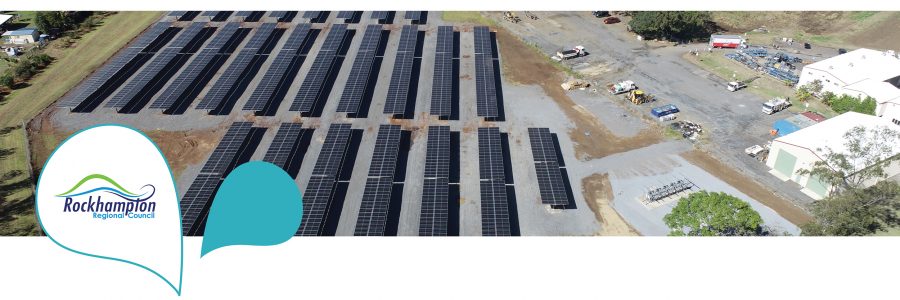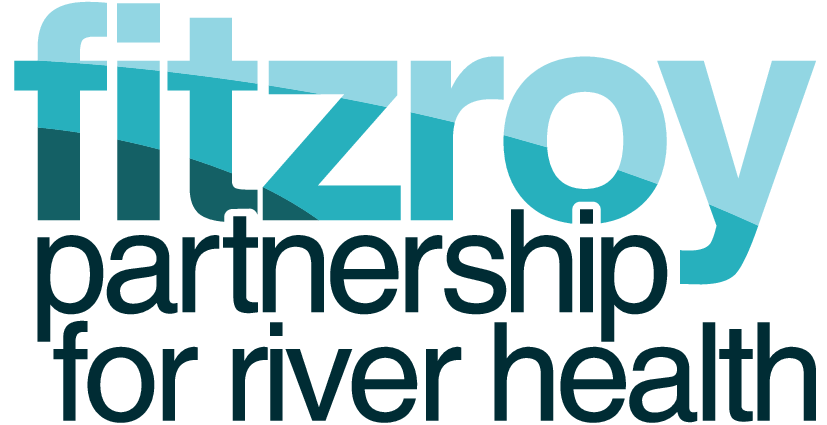Rockhampton Regional Council: Investing in renewables and continuous improvement at Fitzroy River Water

Rockhampton Regional Council’s Sustainability Strategy (Towards 2030) recognises the need to create a sustainable future for the Rockhampton Region and to strengthen our community, environmental and economic resilience. As we move towards 2030, Council is working together with our residents, communities, businesses, industries and other levels of government to lead a variety of strategic actions via four pathways. The Strategy focuses on the need to prioritise a healthy natural environment, transition towards net zero emissions, create a climate resilient region and build a low-carbon circular economy.
Council is nearing completion of a major renewables project that will help to accelerate Council’s transition towards net zero emissions, whilst reducing reliance on the electricity grid. The installation of a 1,375 kW solar system at Council’s largest energy consuming site, Glenmore Water Treatment Plant (GWTP), is expected to reduce grid energy usage by around 2,500,000 kWh per annum and save up to 2,200 tCO2e per year. This initiative is a key action outlined in Council’s Corporate Emissions Reduction Plan and emissions reduction roadmap, that is supporting Council to reduce net emissions by around 43% by the end of the decade, in line with Queensland and Australian Government targets.
The Glenmore Water Treatment Plant, operated by Fitzroy River Water (FRW) and located adjacent to the Fitzroy River, is a crucial piece of infrastructure that provides clean and safe drinking water to every person in the Rockhampton Region connected to Council’s water supply network. This renewable energy project reflects FRW’s commitment to continuous improvement and has been delivered in conjunction with the first stage of major improvements to the facility which include upgrades to the control room and laboratory, dosing system, main electrical switchboard, all electrical wiring, and refurbishment of all ten filters at the plant.
In addition, FRW is undertaking actions to optimise operation of equipment such as pumps, aerators and blowers to reduce the required energy use, including digitising asset performance indicators and trends on centralised control systems (SCADA systems), incorporating process failure identification algorithms into the SCADA system to notify operators of system inefficiencies in near real-time, and reviewing available technologies to ensure relevance to the site’s activities.
Rockhampton Regional Council is taking a proactive approach to the sustainability of the Region and the Fitzroy Basin. The continuous improvement at FRW is a testament to this, leading the community by example and cost-effectively accelerating the local transition towards net zero emissions.


